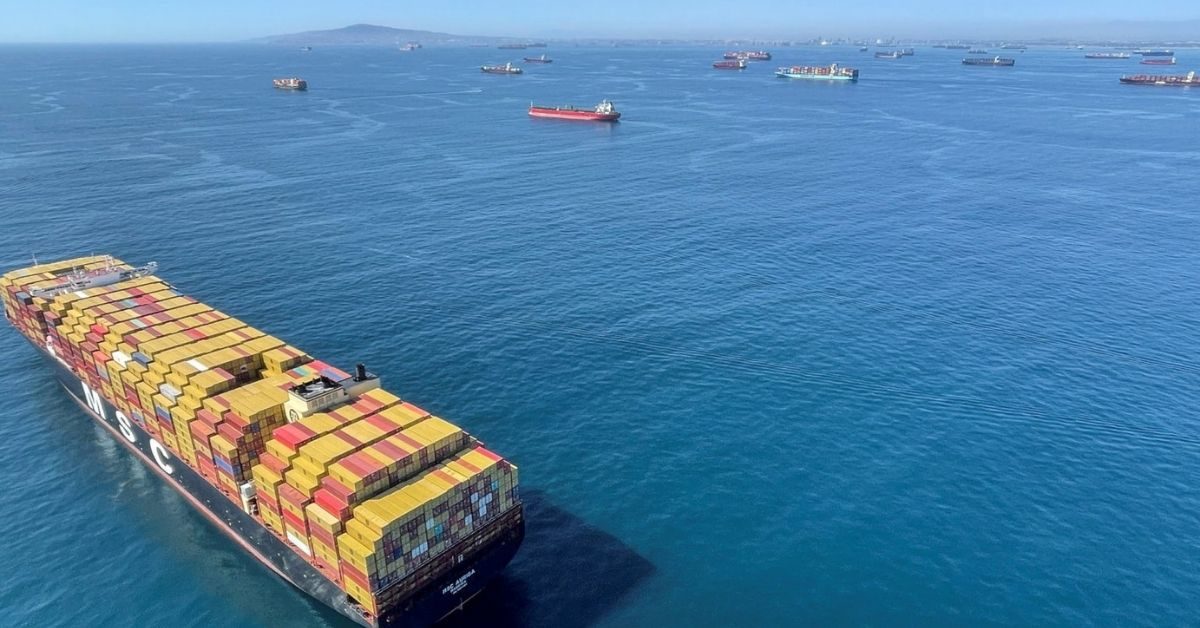The government has altered the priority sequencing of a so-called right of first refusal (RoFR) accorded to local shipping companies in public tenders for transporting cargo, a move that was necessitated after a new category of fleet owners started operations from the Gujarat International Finance Tec-City (GIFT City), India’s first International Financial Services Centre (IFSC) under the Special Economic Zone Act.
The right of first refusal – a government-mandated cargo support policy for domestic fleet owners – was last amended in January 2021 to link it to the ‘Make in India’ initiative and drive demand for ships built locally.
With the rejig, the first priority for exercising the RoFR will be given to Indian built, Indian flagged and Indian owned ships followed by Indian built, Indian flagged and Indian IFSC Authority owned vessels.
The second priority will be granted to foreign built, Indian flagged and Indian owned ships followed by foreign built, Indian flagged and Indian IFSC Authority owned vessels.
The third priority will be given to Indian built, foreign flagged and foreign owned ships.
ET Infra first reported on the imminent changes to the RoFR sequencing on 29 July.
The changes in the RoFR sequencing, notified by the Directorate General of Shipping on 5 October, is aimed at accommodating the interests of the new category of ship owners being introduced to boost national tonnage, government officials said.
Under the RoFR rules, local shipping companies get a right to match the lowest rate offered by a foreign flag vessel in tenders issued by state-run firms. If Indian shipping companies decline, then only the foreign flag ship that had quoted the lowest rate is allowed to carry the cargo.
The RoFR policy will come into play only when the rate quoted by the Indian participants in a tender is within the 20 per cent range of the lowest bid offered by a foreign ship owner, per the purchase price preference given to Indian entities.
According to the RoFR rules notified by the Directorate General of Shipping (India’s maritime regulator) in January 2021, Indian built, Indian flagged and Indian owned ships will get top priority when state-owned firms and government departments float tenders to hire ships for hauling cargo or for dredging and offshore oil exploration support services.







